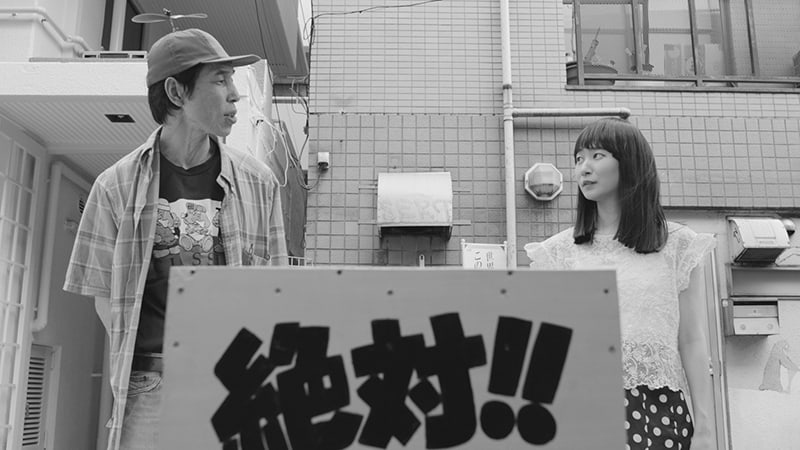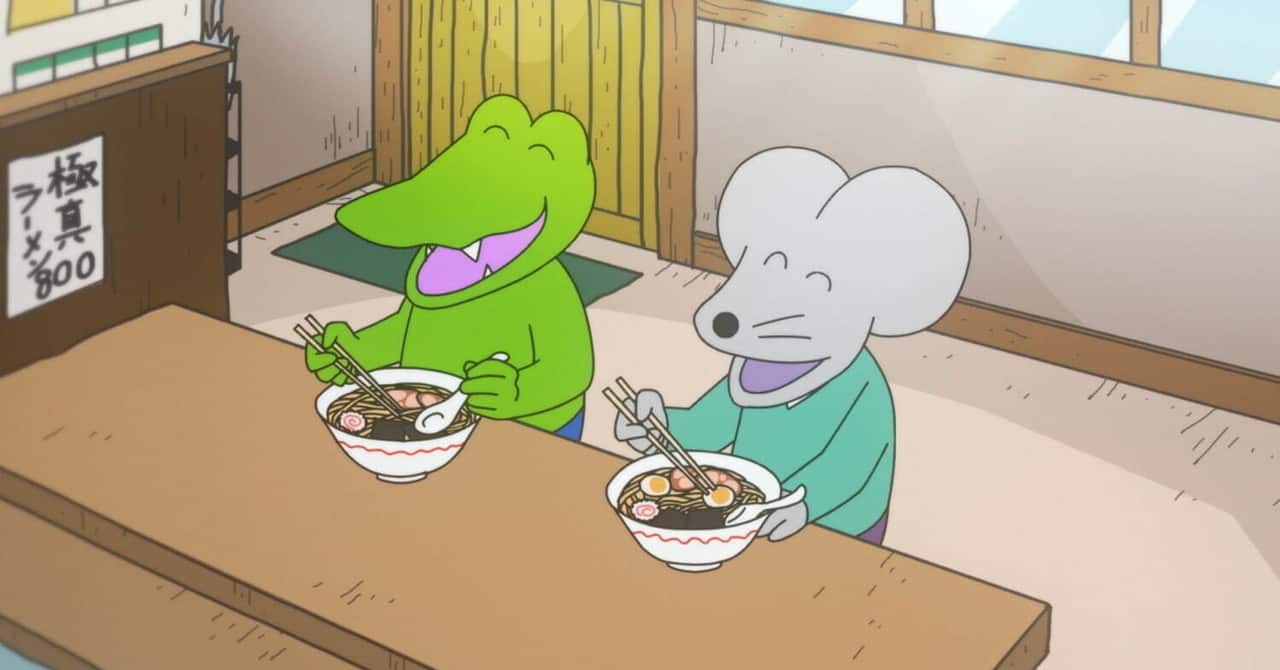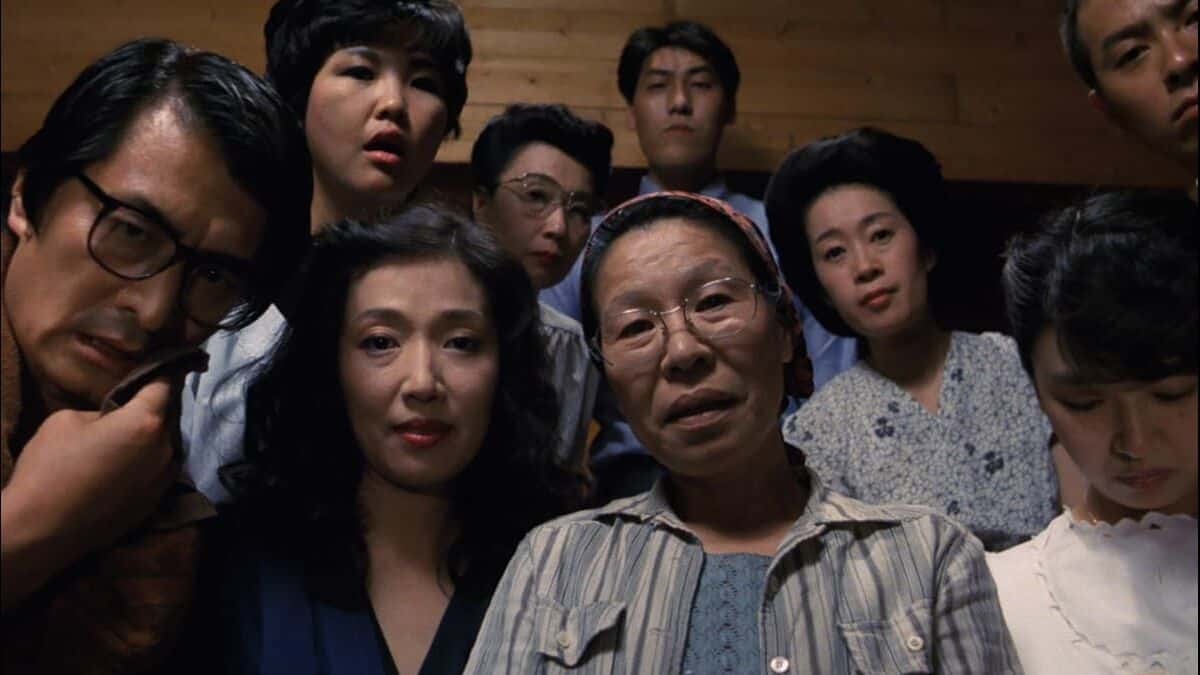With its rather unusual title, the short by Karin Takeda is a little gem picking up on the agony of a perfectionist. The newcomer director took one year to finish this as a graduation project at the Tokyo Polytechnic University.
Shirahoshi (Yuki) is a girl who can't tolerate when things are not absolutely right. She won the runner-up prize in a manga contest but decided to abandon her dream of becoming a manga artist since she wasn't going to be the best. Now she spends her days searching for a job. She also cannot accept the reality she was abruptly dumped by her boyfriend who she had hoped would be the perfect match. Then Shirahoshi suddenly comes face-to-face with a suspicious man (Kansaku Shinohara) and self-proclaimed ghost who warns her that not everything has to be “black or white.”
Color, editing, script, and acting, “Then I Add Colors to a Panda and a Zebra” experiments with different styles of filmmaking and creates a fantastic world with a unique approach of telling the main protagonist's story. Shirahoshi's fatalism is shown by the use of black/white colors, which starts to brighten up as her mindset changes. Yuki's magnificent performance fits the concept of the short. Her inner monologue guides the viewer through a fast edited movie with a lot of details and an overall comic approach.
The clever executed and visualised wordplays of Yuki are well done. As the plot develops, the tone gets more serious and the easy-going mood of the first sequences is neglected to explain the dilemma of the character. After all, this is a story about a young woman who tries to break out of her self-made compulsions. The message of “Then I Add Colors to a Panda and a Zebra” is very contemporary and appeals to a large universal audience, because many people tend to put themselves under enormous pressure, which often leads to unhappiness. At times, human beings make presumptions, idealise or demonize certain things prematurely and miss out on life. This kind of thinking turns the world into a grey place and Takeda shows it to us. But she also presents a resolution for it by painting it bit by bit.
The combination of a strong lead, with tangible problems and an idea of style, which is followed consistently and underlines the character's feelings, delivers a total package of cinematic skill. For Takeda's future projects, I wish for a full-on comedy that includes more visual metaphors and less serious drama.
















